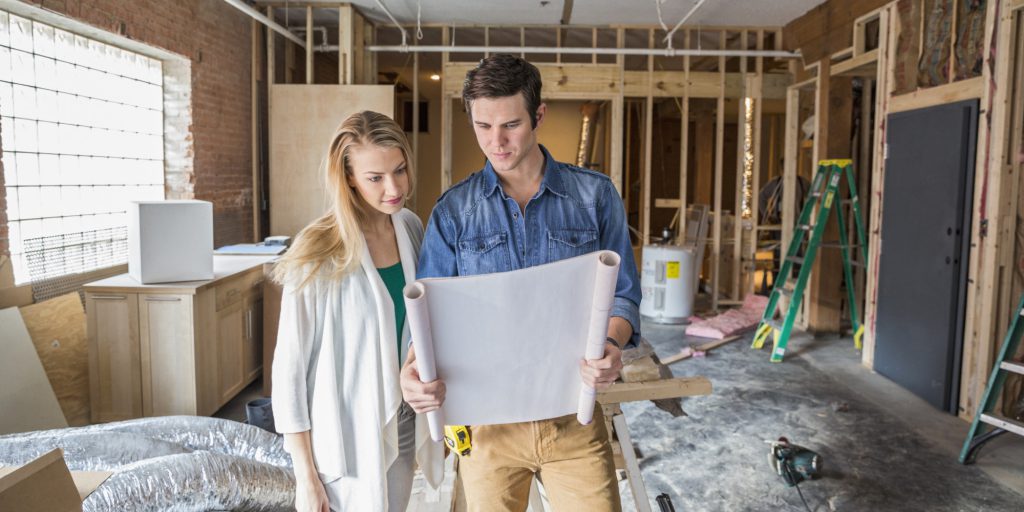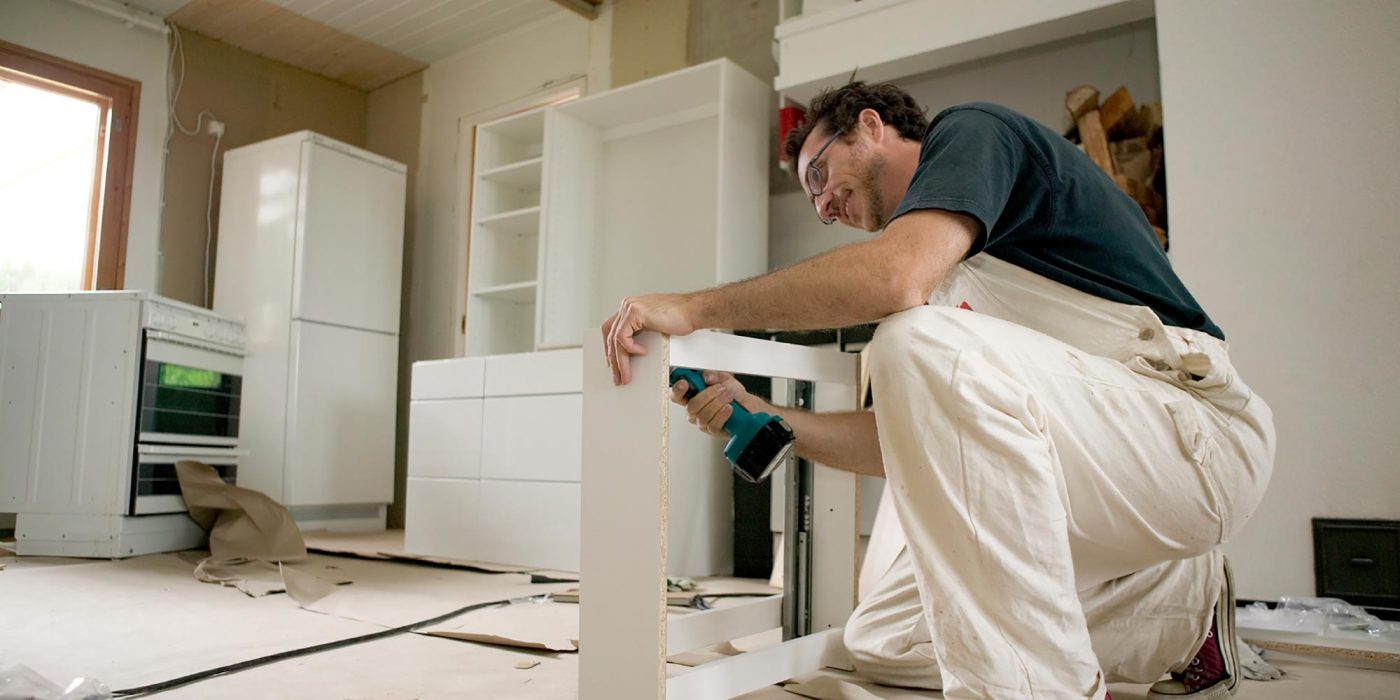WHATEVER THE state of your property, renovating a building is usually the most cost efficient way to improve its value, its livability, and its use of space.
Renovate ˈrɛnəveɪt/
Verb: renovate; restore (something old, especially a building) to a good state of repair.
“the old school has been tastefully renovated as a private house”
To renovate suggests renewing by cleansing, repairing, or rebuilding. To renew implies a restoration of what had become faded or disintegrated so that it seems new.
From restore we infer a return to an original state after depletion or loss. If someone says “to refresh”, we think of something that restores lost strength, animation, or power.
When they say to rejuvenate, it suggests to us the restoration of youthful vigour, power, or appearance.

The biggest challenge facing anyone who wants to renovate, especially with their own home, is “Where to start?” and “Where to stop?”
For example you may be considering a bathroom renovation. Or perhaps you think of only replacing your kitchen. Or you may intend to renew your home’s exterior paint.
Whatever it is you hope to do, it is the perfect opportunity to consider how best to achieve what you really want.
Regardless of your plans, or your budget, your long term strategic goal should always be to optimise the potential value of your home.
You need to somehow forecast what your home might become in the future, design-wise.
You have to activate and identify its optimum value – the dream, its potential – and synchronize it with where your lifestyle is potentially heading (short term or long term).
To do so, you need to ask yourself two questions.
- Is your renovation a property Investment? (ie short term capitalisation)
- Or is this an investment in the family home? (ie your long term lifestyle)
The two situations don’t necessarily align. Each one requires different design outcomes, and each requires specific long or short term planning.
If the goal is to enhance the family’s lifestyle, that lifestyle impacts the planning in a fundamental manner.
Family circumstances, for instance, could make it necessary to create a safe, stable environment for young children to complete their schooling.

The family would probably need a base. You may simply love the community and the neighborhood is where you want to be.
It might be close to the family, schools … everything could be just right. It would make sense then that you consider your renovation to be a lifestyle investment, an Investment in the family.
If the long term design is then done by a professional, and the potential of the property has been optimised, it is not likely that you would overcapitalise, because it is difficult to put a fixed value on your family and your lifestyle.
This happens more frequently now, because the baby boomer practice of turning over property every 7 years seems to be over … it doesn’t happen all that much anymore.
If your motivation for renovating the property is financial, you really need a professional to help you get more bang for your buck.
Once you understand the importance of qualifying your motivation for the renovation, you can transcend the narrow focus of your original approach. You are no longer thinking only about that deck extension, or that kitchen remodeling.
You are thinking about the property as a whole. You can plan for the whole home and optimize the potential value of whatever you do to it. This in turn will help break down the overall work into effective stages or design elements, into the ‘Needs’ and ‘Wants’ categories.
From this you can calculate your current budget requirements, and hence limit any wasted expense. You can then control the potential overcapitalisation of certain zones, or the property as a whole.
If you do that, you will maintain the integrity of the property value and vision, regardless of circumstance, and avoid ever being stuck with an uncompleted project.
Then, even if you sell, you are handing over the long term property plan, vision and investment to someone else.
